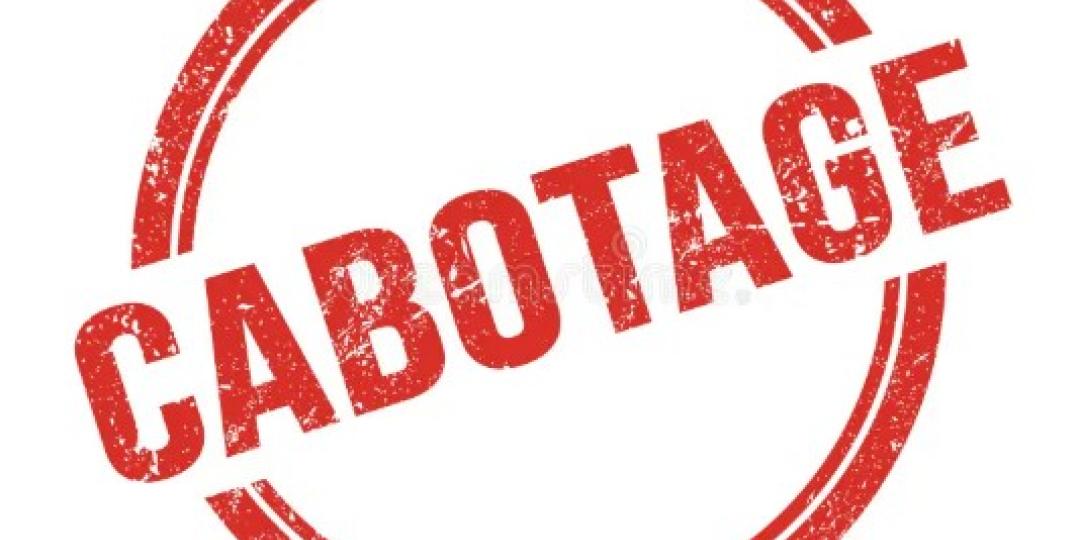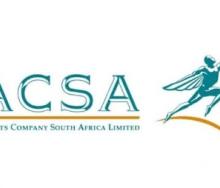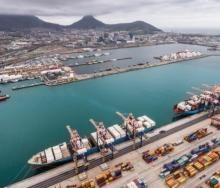The contentious “cabotage clause” in the Merchant Shipping Bill (MSB) will again be discussed at a local freight industry gathering in Cape Town on Wednesday.
In its current form, Section B12 of the 2023 version of the bill will restrict foreign-owned vessels from performing short-sea shipping services along South Africa’s coastline, a function referred to as “cabotage.”
More specifically, the bill states that “no ship, other than a South African-owned ship, is permitted to engage in coastwise traffic for the conveyance of goods between ports in SA."
If the bill becomes an act, cabotage – borrowed from the French verb caboter, meaning “to travel along the coast” – will be exclusively reserved for a locally owned shipping line, most likely resulting in a new state-owned enterprise (SOE).
It has been widely reported that such an SOE will be called the South African Shipping Company (Sasco), and that any freight forwarders and cargo owners not willing to use Sasco will have to provide multimodal alternatives for the interior movement of goods.
Although there are 91 other countries with cabotage regulations that restrict or prohibit foreign-owned vessels from transporting passengers and cargo between domestic ports, the local freight industry has generally recoiled from the idea.
“It will cause chaos at our ports,” said Terry Gale, chairperson of Exporters Western Cape (EWC) at a presentation in March.
“One only has to look at what’s currently happening at our ports to realise how existing congestion will be exacerbated by vessels coming in and having to offload cargo, which is then loaded onto vessels responsible for moving cargo between our ports.”
He said considering how SOEs were run in South Africa, a government-owned shipping line was not a good idea.
Gale said cargo owners and their agents would most likely want to make use of multimodal alternatives if a shipping line like Sasco were introduced for shipping between domestic ports.
“Turning our ports into hub ports is simply not a good idea. It will cause double handling and result in unnecessary multimodal requirements for shippers wishing to avoid any further delays.”
The EWC has since stated its case against the government’s short-sea shipping plans to Parliament’s Committee on Transport (PCT), and has said it will study the committee’s response ahead of the June 25 presentation.
Prior to the EWC’s PCT presentation, the South African Association of Freight Forwarders, the Agricultural Business Chamber (Agbiz) and the South African Association of Ship Operators and Agents also made presentations to the PCT.
Ahead of Wednesday’s EWC presentation, Gale said: “The general consensus (among the aforementioned industry associations) was that we are not opposed to the Bill in principle, just the issue of cabotage and the establishment of our own shipping line, as indicated above.
“We believe this is something the economy can ill afford currently.”
Referencing Safmarine, the local shipping line that was sold to Maersk in the late 90s, Gale has on several occasions said the government had an opportunity to build on what was established back then, but failed to do so.
The EWC presentation on June 27 will host Annelize Crosby, head of legal intelligence at Agbiz, to deliver a keynote address on the Merchant Shipping Bill.
Another speaker is Johann Kotze, CEO of AgriSA, who will talk about the Western Cape’s agricultural sector.
The presentation will be held at Webber Wentzel’s offices on Heerengracht Street in Cape Town.
For information, email: noreen@ewc.org.za













